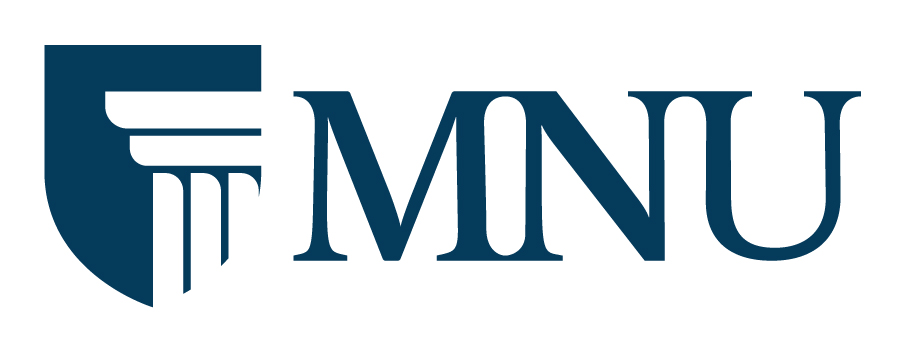- Resource Types
- Resource Languages
- Institutional Repository
 Visit the home page
Visit the home page
About Site Language
WHDL is viewable in multiple languages. Use the pull-down menu to select a language to view the site.
I changed my language, but I’m still seeing resources in the other languages?
If a resource or text has not been translated into your selected language, it will appear in the initially added language. We are always looking for help translating these resources. If you can help, contact us!
WHDL - 00007290


From the Abstract: The current literature that discussed ethical leadership, specifically the management of corporate ethics, lacked a consensus toward a consistent component model for a corporate ethical management system (CEMS). This qualitative, multiple case study utilized semi-structured interviews of six executives and 15 employees, organizational document analysis, and an observational tour of each case or organization in order to discover and design a consistent component CEMS, including participant perceptions of the effectiveness of their CEMS. The results indicated that a priori CEMS components of a code of ethics with value statements, a communication system, and discipline processes are consistent across the three cases of this study. A moldable model (MM) or general framework for a CEMS emerged from this study. The theoretical constructs of ethical leadership theory (ELT), social learning theory (SLT), social exchange theory (SXT), and deontological and teleological ethics are supported as foundations to an effective CEMS. Peer-to-peer role modeling (P2P) and engrained ethical theory (EET) emerged as possible theoretical constructs for ELT and future research. Assumption theory (AssumpT), a theory for ministry-based not-for-profit organizations, emerged from this study. The a priori CEMS effectiveness labels of employee satisfaction and commitment (ESC) and employee comfort and fun (ECF) found strong support in this study; productivity, business results, and ethical emulation by employees (EE) found moderate support as results of an effective CEMS. Leadership and management implications, recommendations, the application of the moldable model, and future research potential are discussed.
The current literature that discussed ethical leadership, specifically the management of corporate ethics, lacked a consensus toward a consistent component model for a corporate ethical management system (CEMS). This qualitative, multiple case study utilized semi-structured interviews of six executives and 15 employees, organizational document analysis, and an observational tour of each case or organization in order to discover and design a consistent component CEMS, including participant perceptions of the effectiveness of their CEMS. The results indicated that a priori CEMS components of a code of ethics with value statements, a communication system, and discipline processes are consistent across the three cases of this study. A moldable model (MM) or general framework for a CEMS emerged from this study. The theoretical constructs of ethical leadership theory (ELT), social learning theory (SLT), social exchange theory (SXT), and deontological and teleological ethics are supported as foundations to an effective CEMS. Peer-to-peer role modeling (P2P) and engrained ethical theory (EET) emerged as possible theoretical constructs for ELT and future research. Assumption theory (AssumpT), a theory for ministry-based not-for-profit organizations, emerged from this study. The a priori CEMS effectiveness labels of employee satisfaction and commitment (ESC) and employee comfort and fun (ECF) found strong support in this study; productivity, business results, and ethical emulation by employees (EE) found moderate support as results of an effective CEMS. Leadership and management implications, recommendations, the application of the moldable model, and future research potential are discussed.
This resource is viewable by all users of the site, and is reproduced here with the permission of the author, who owns the copyright.
8 Resources
Faculty and student scholarship related to the MidAmerica Nazarene University School of Business.
2021